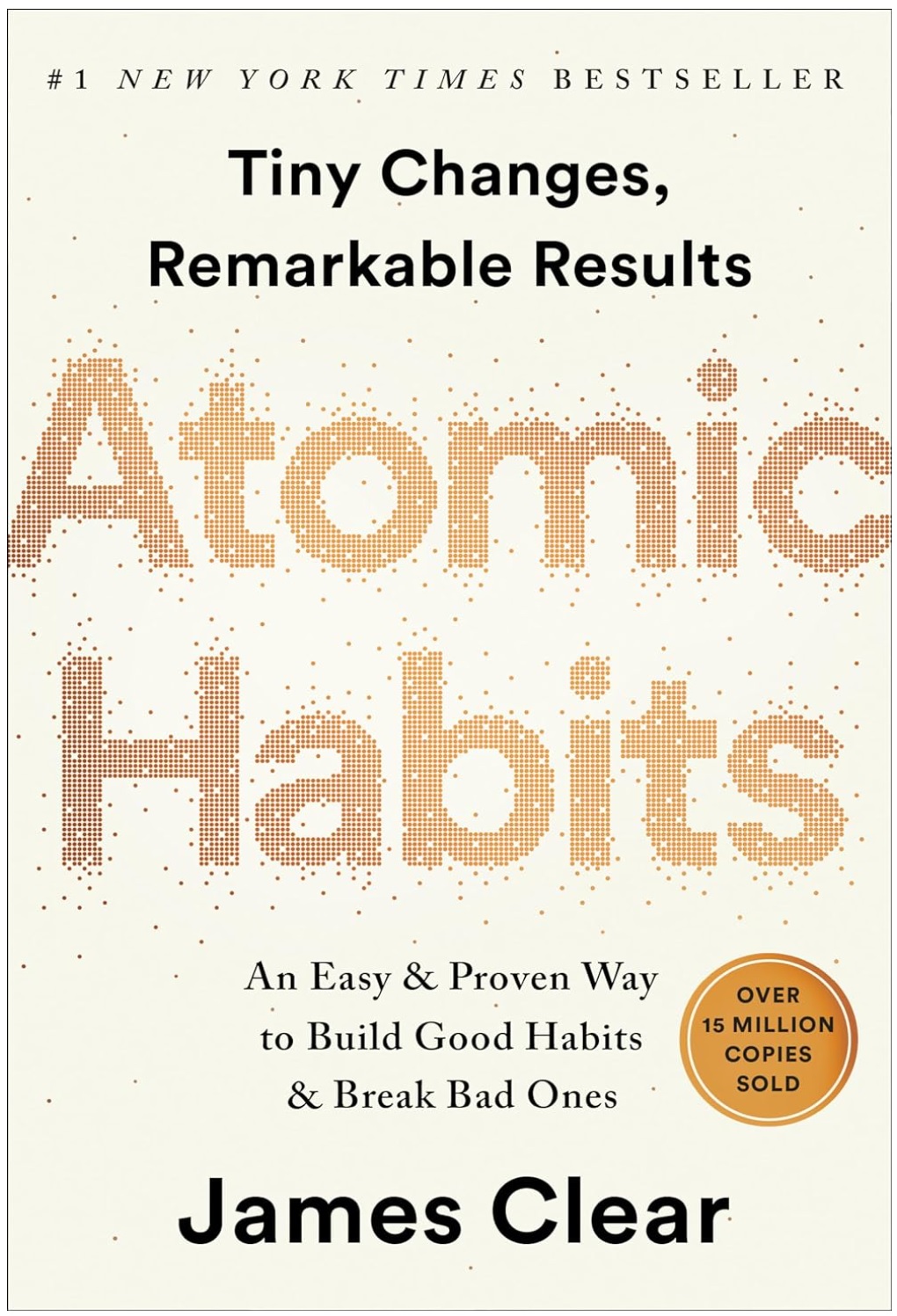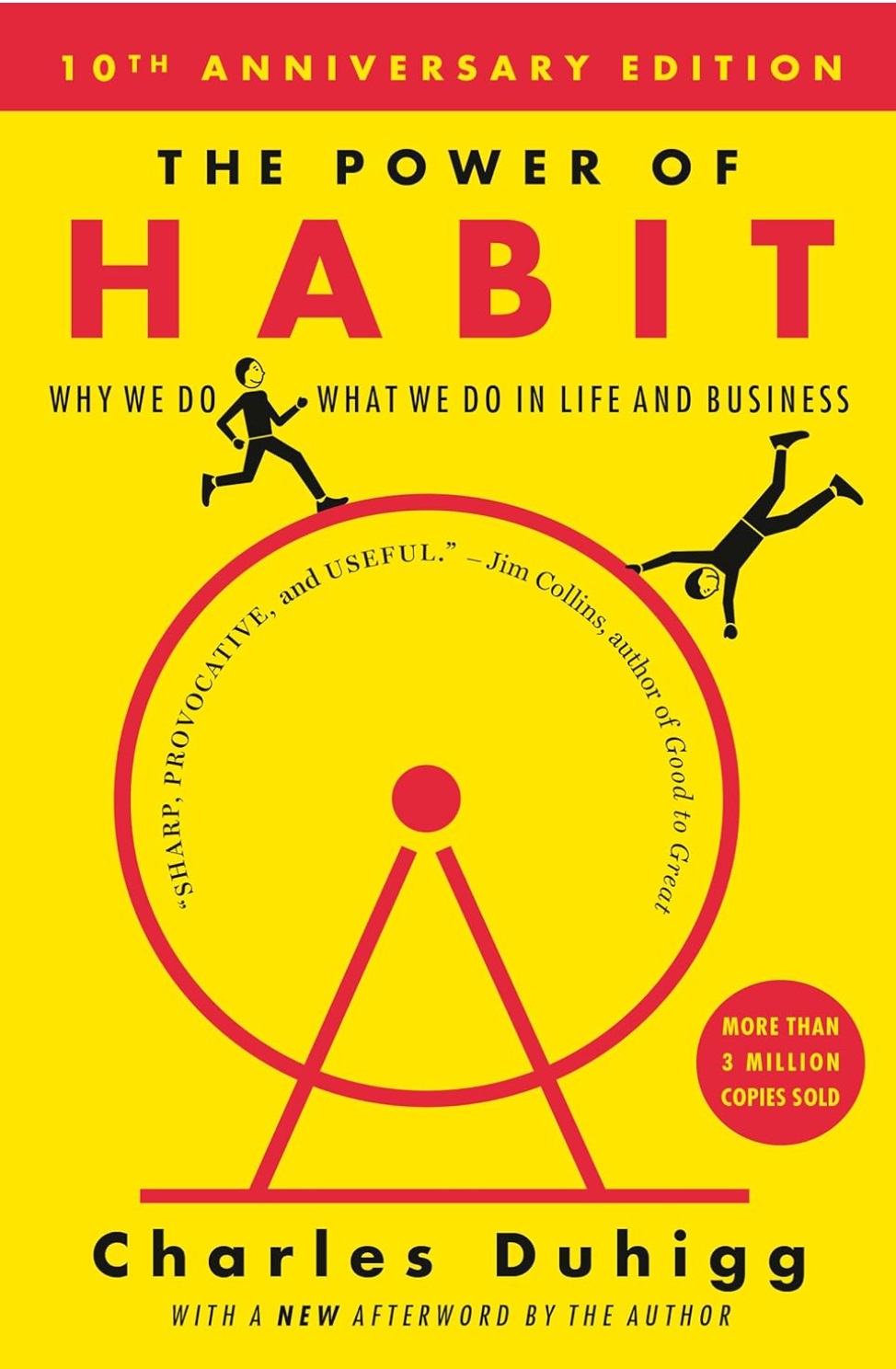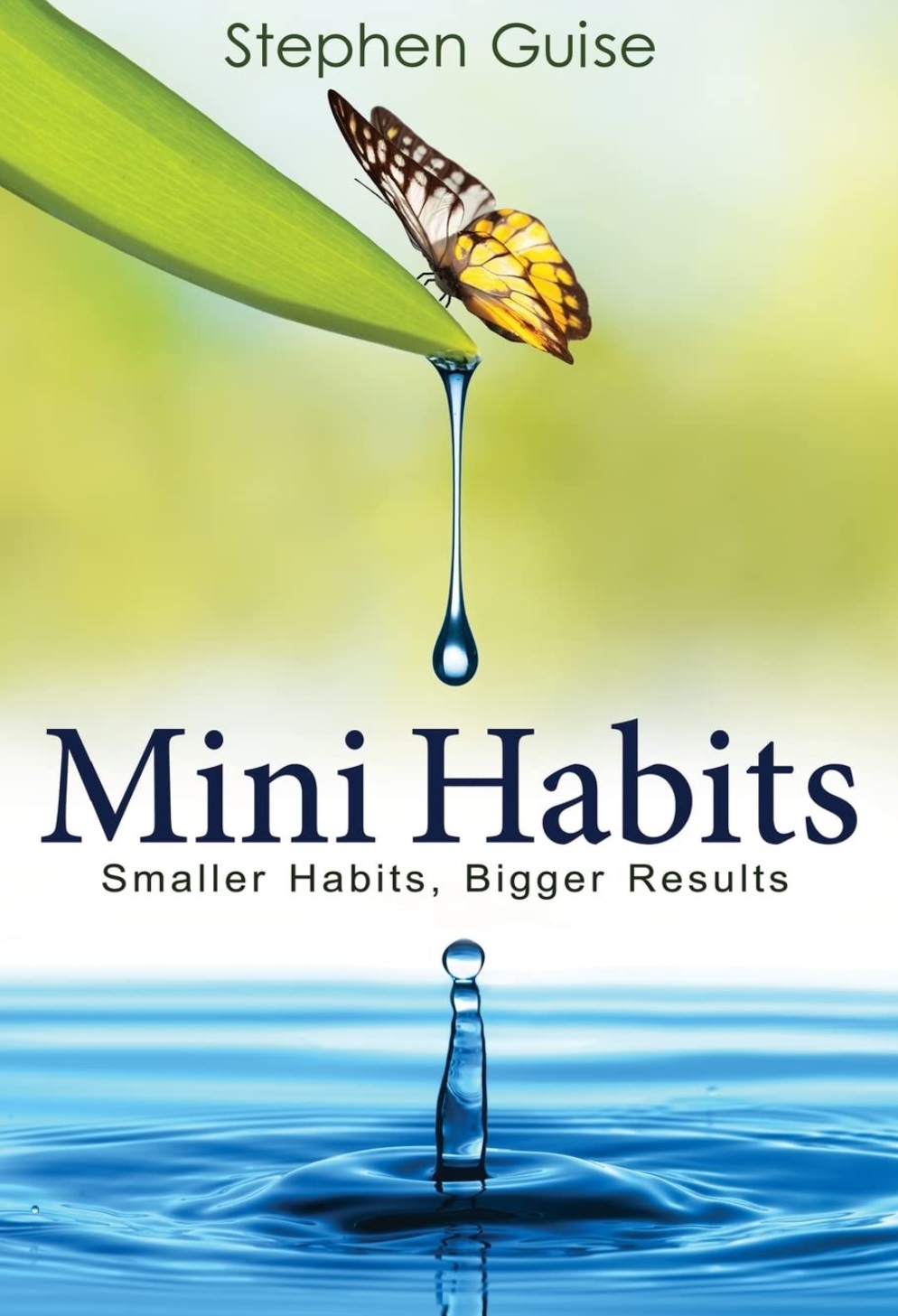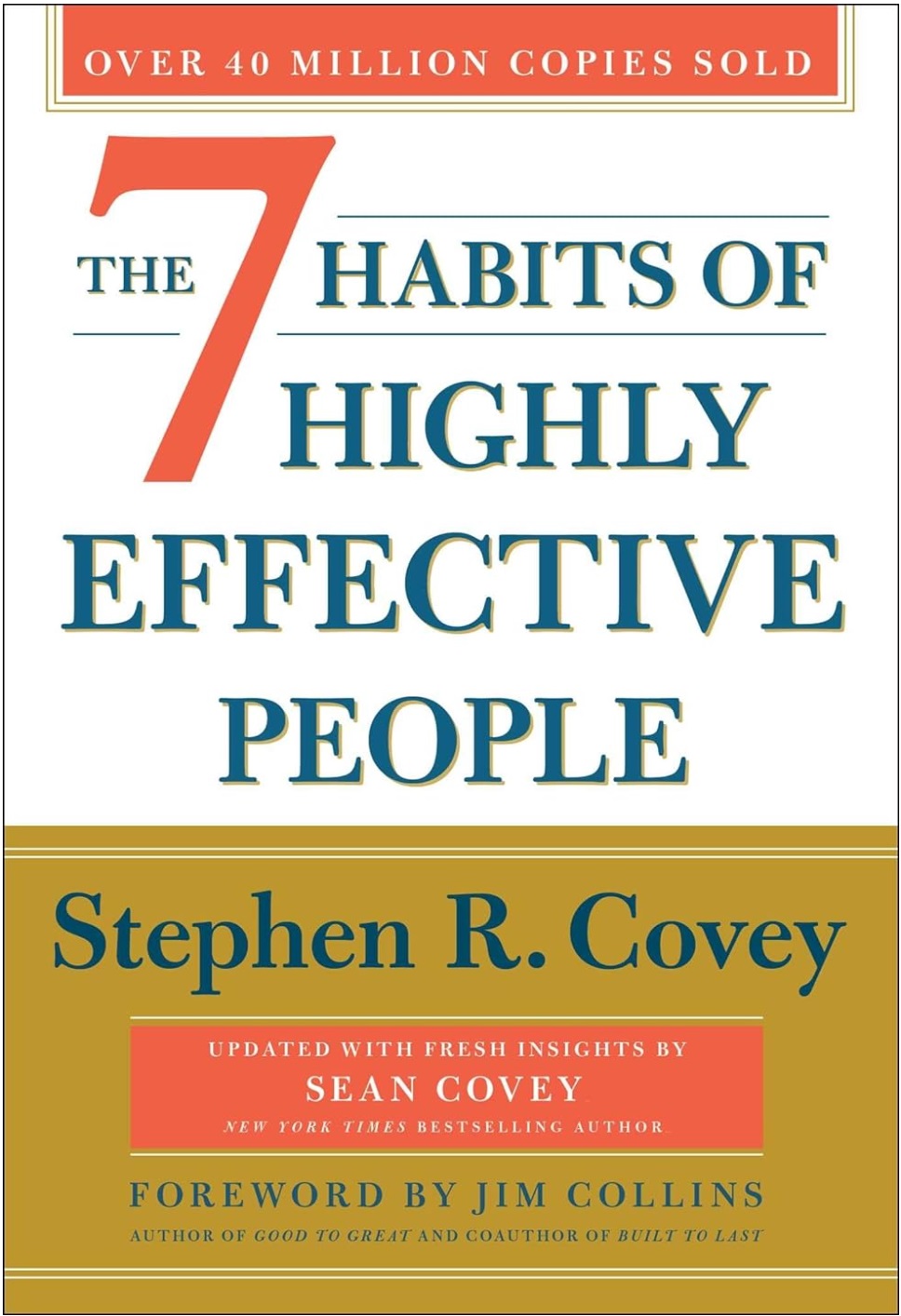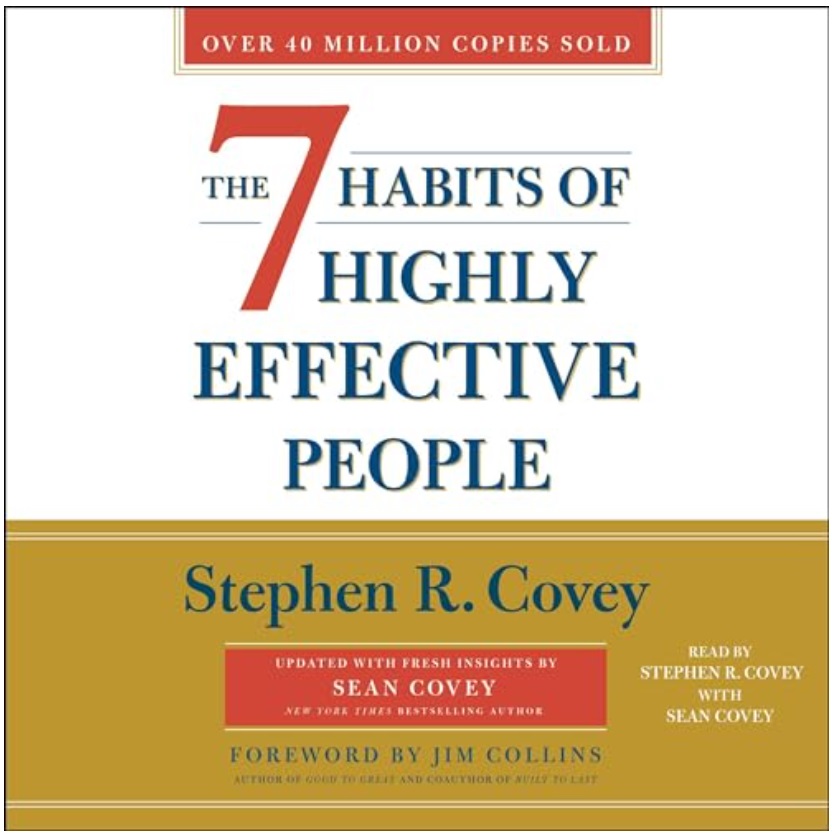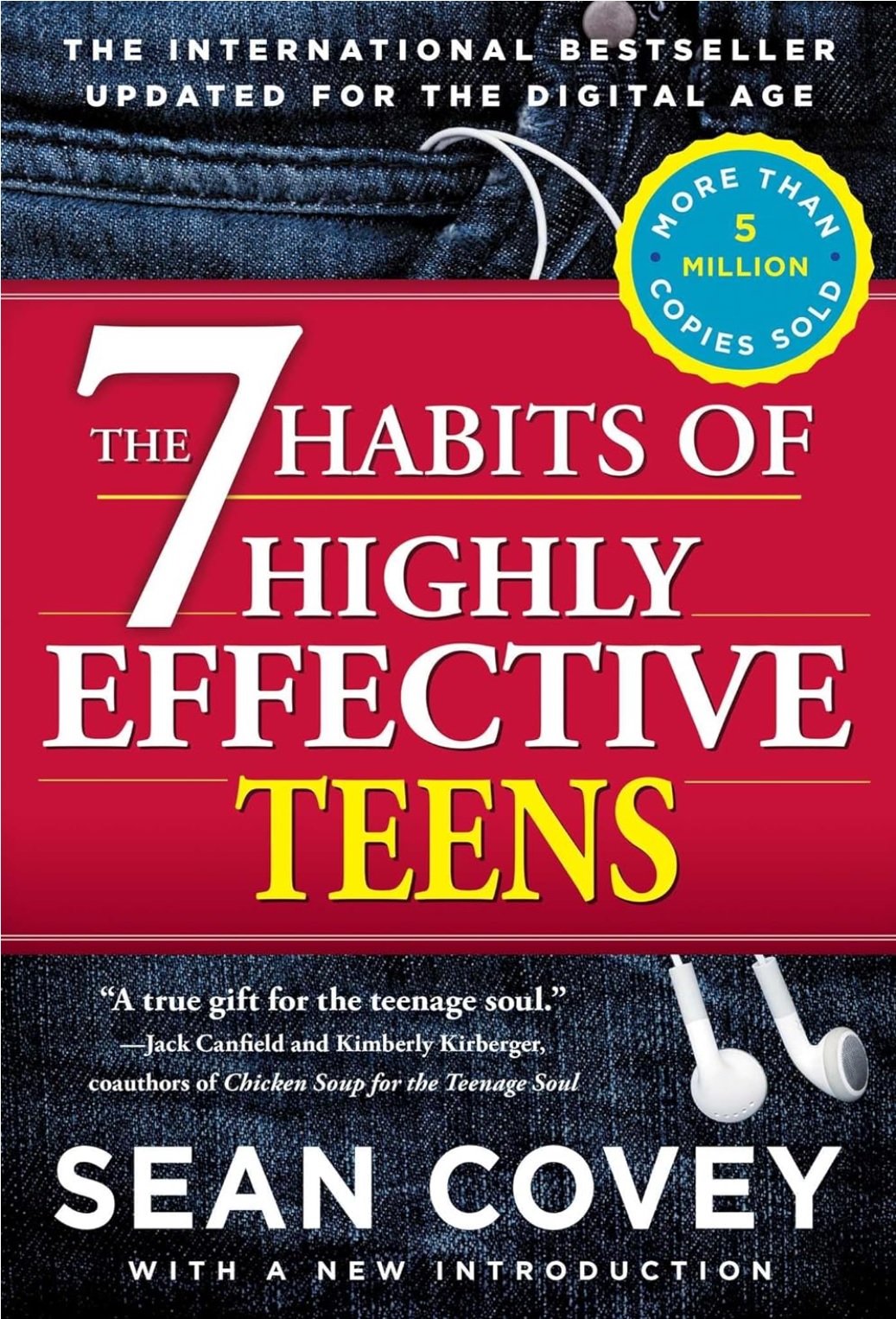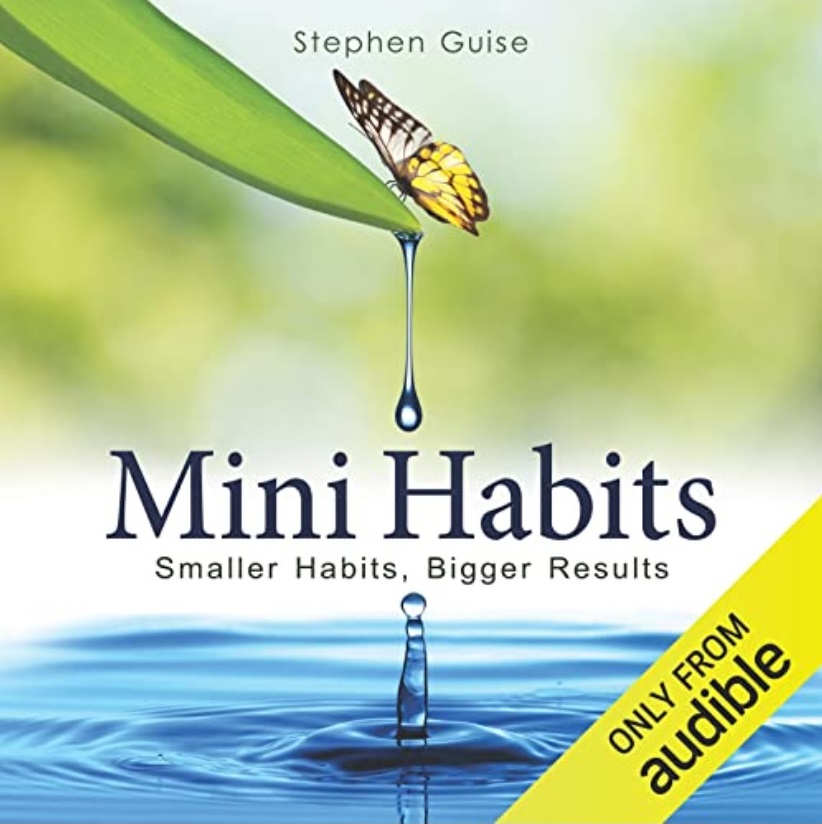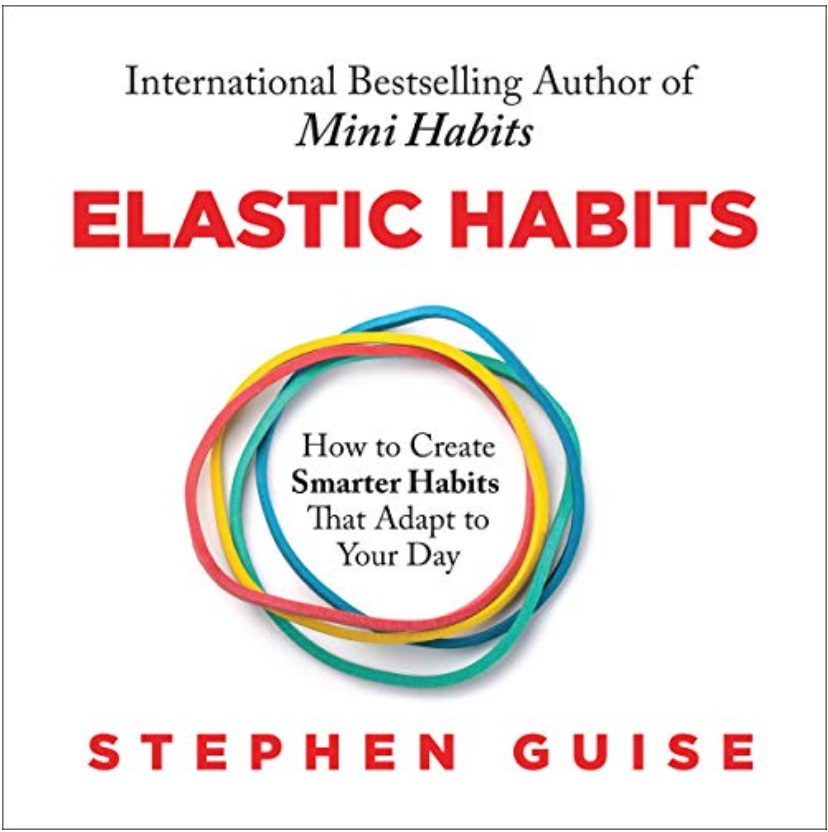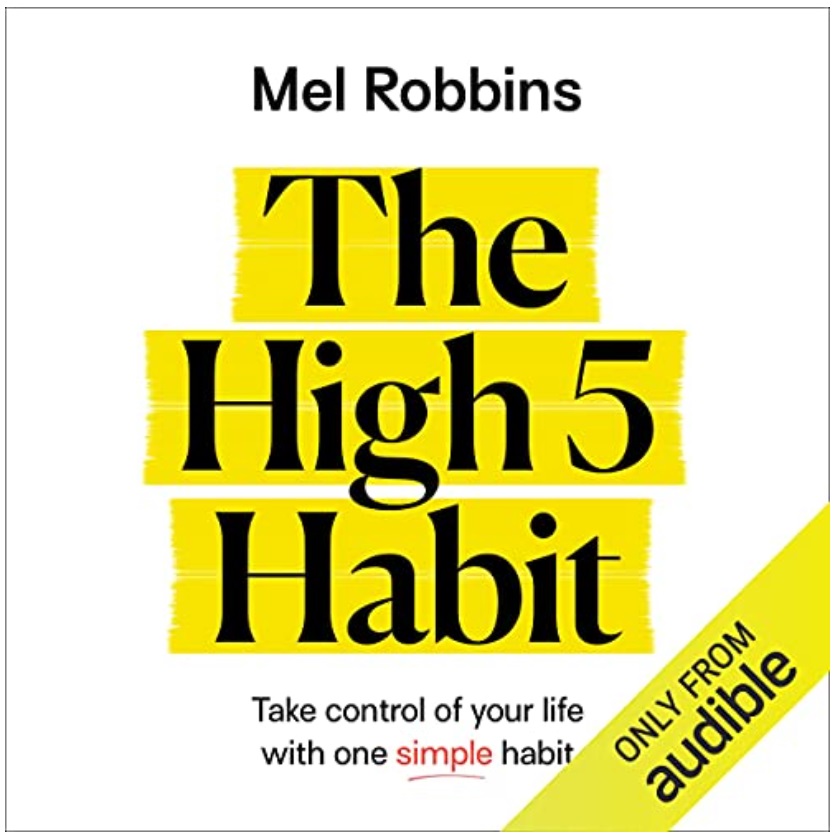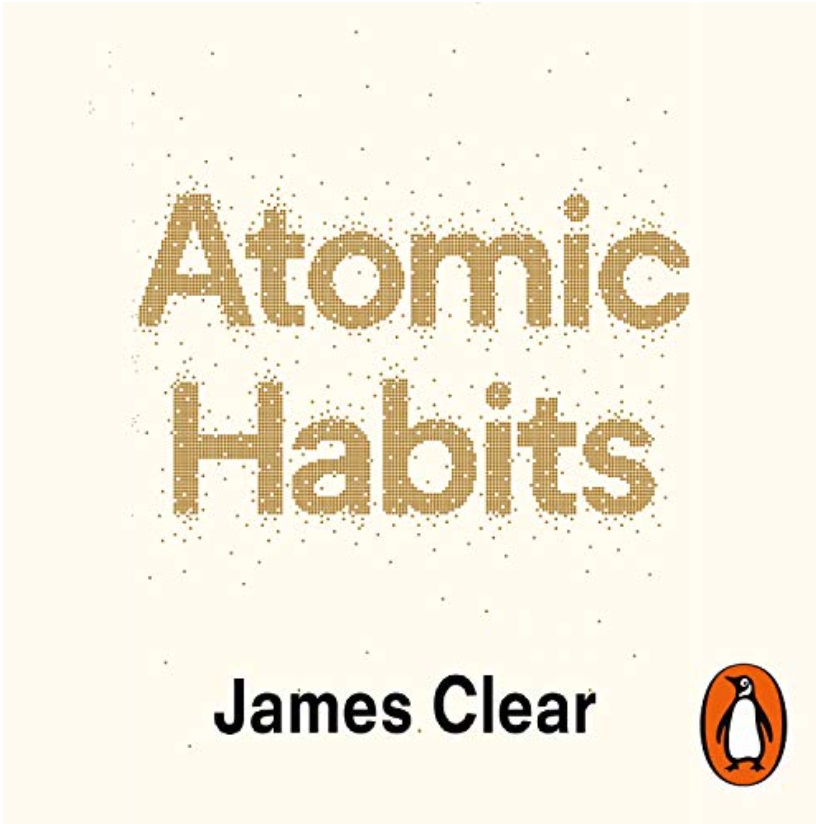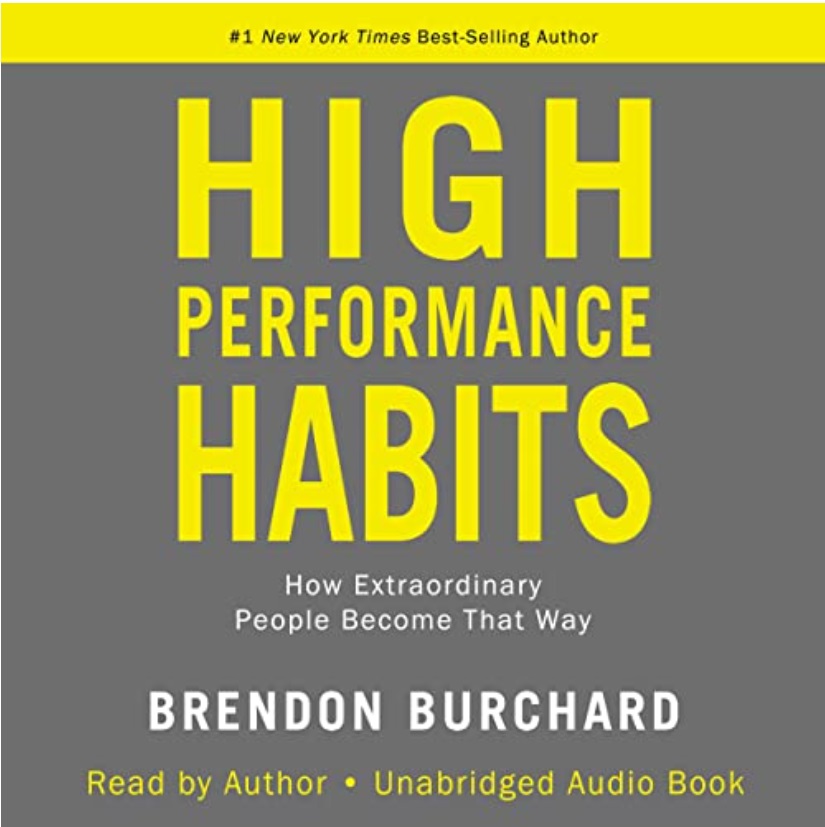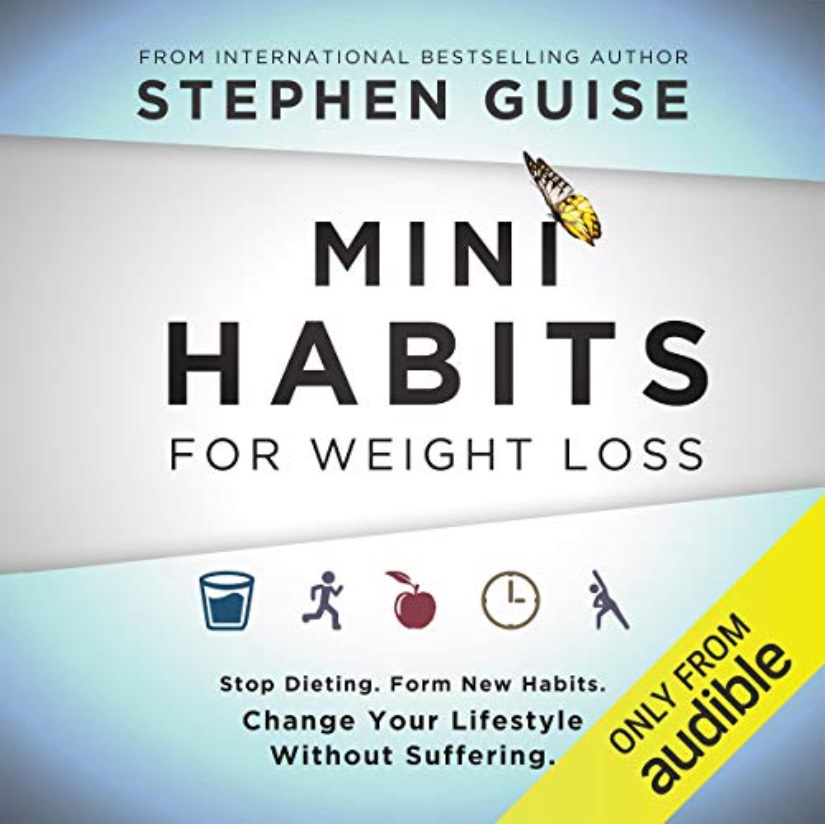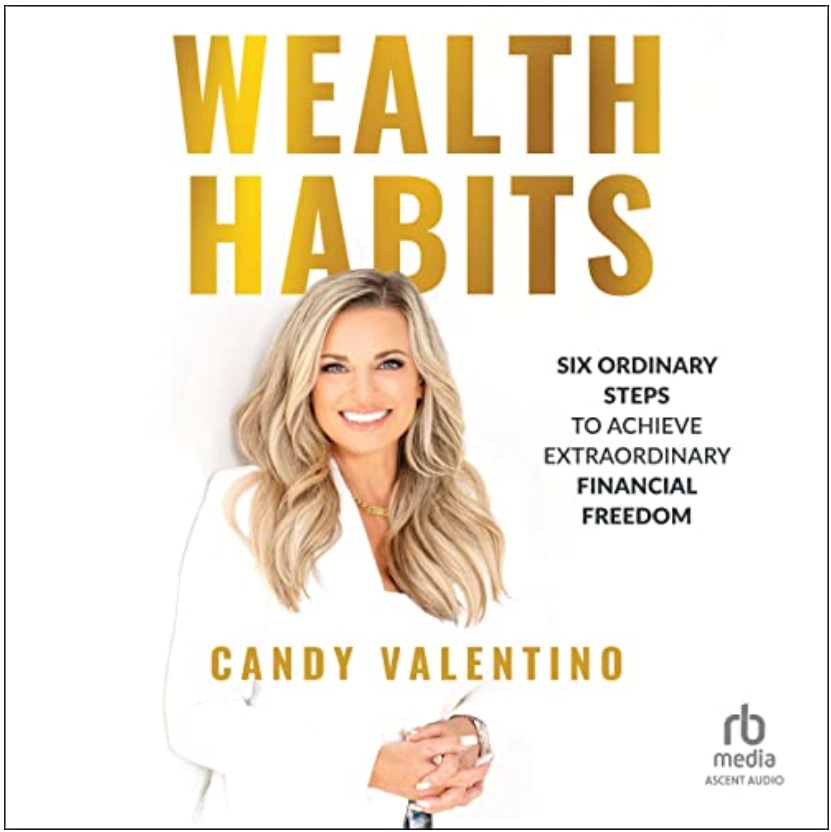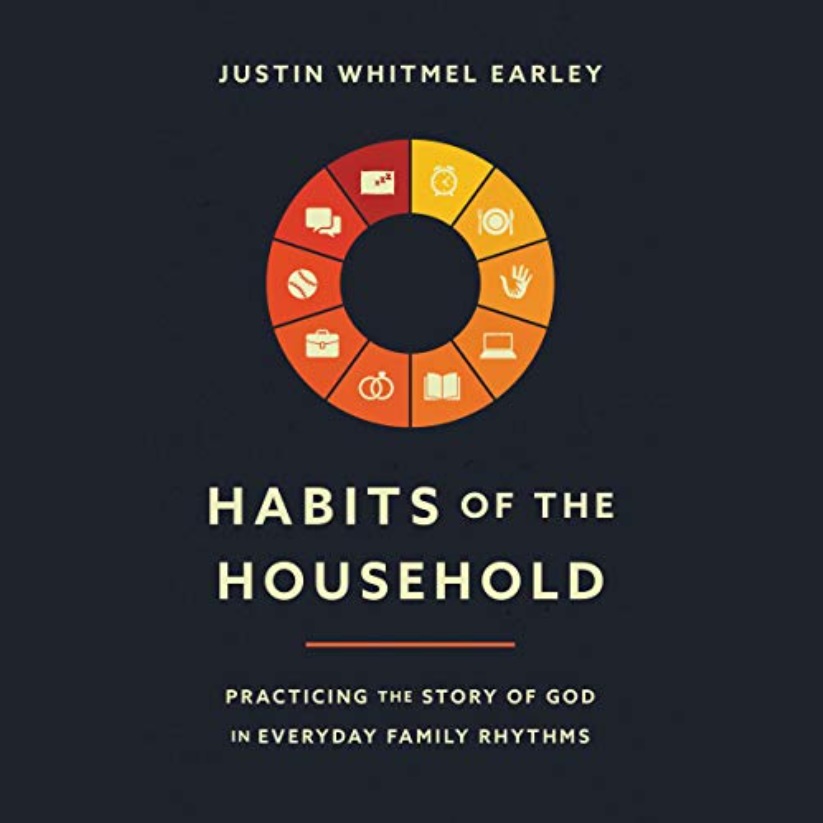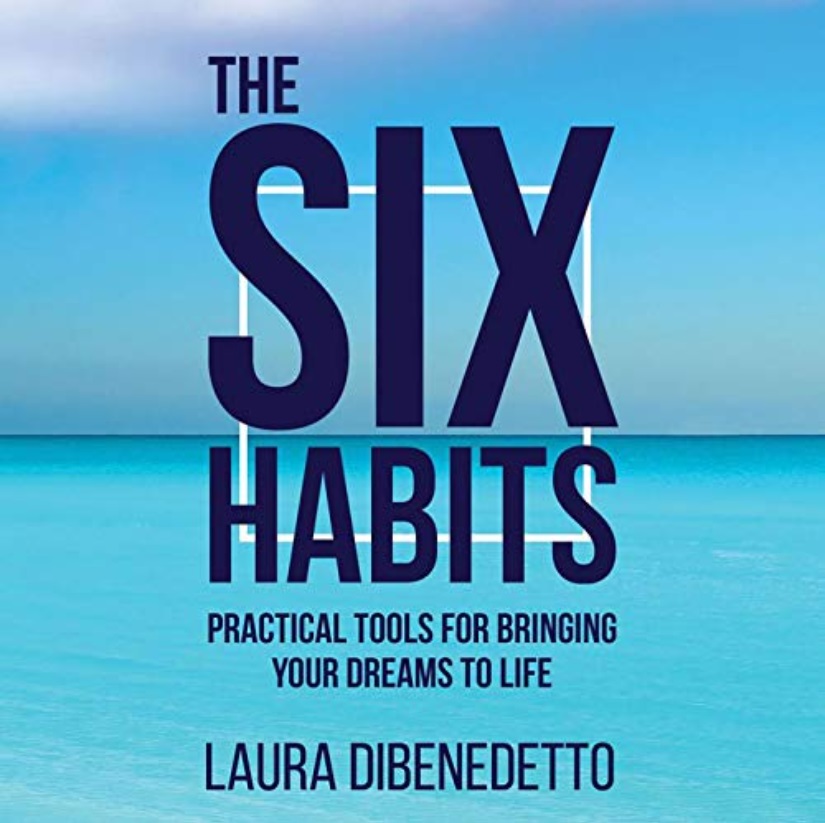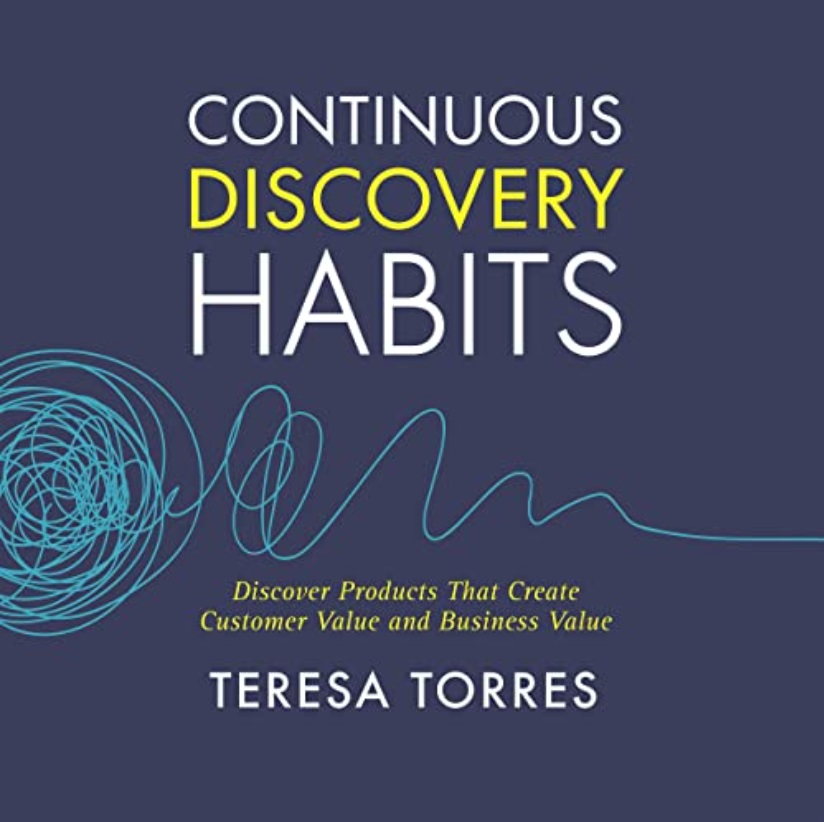- WHAT YOU'LL LEARN IN THIS ARTICLE
- Living in alignment with your core values creates clarity, reduces overwhelm, and brings a deeper sense of meaning to everyday life.
- Purpose isn’t found, it’s created through small, consistent actions that reflect who you truly are and what matters most to you.
- Aligning your values with your habits, decisions, and relationships builds self-trust, emotional resilience, and lasting motivation from within.
We hear a lot about “finding purpose” these days, but it often feels like a vague, distant idea, something reserved for people with big platforms, world-changing missions, or the freedom to travel the world in search of meaning.
But purpose isn’t out there waiting to be found. It’s already within you, rooted in your values. When you live your life in alignment with the things that matter most to you, purpose begins to emerge organically, like a light that slowly turns on from the inside out.
I spent years chasing the idea of purpose as if it were some destination I had to arrive at. I looked for it in achievements, in other people’s approval, even in productivity. But no matter how many boxes I ticked, something always felt… off. It wasn’t until I got clear on my values, things like creativity, compassion, and authenticity, that things began to shift. I didn’t have to overhaul my entire life. I just had to start living in a way that reflected who I already was.
Living your values isn’t about being perfect. It’s about choosing to show up in a way that feels honest, meaningful, and alive. It’s how you find your rhythm. It’s how you stop drifting. And most importantly, it’s how you start building a life you actually want to wake up to.
Table of Contents
ToggleValues Are Your Internal Compass
What Values Actually Are
Values are the beliefs, principles, and qualities that are most important to you. They’re not goals. They’re not achievements. They’re the why behind your choices. When you make decisions that honor your values, life feels more aligned, even when things are hard. But when you consistently act in ways that contradict them, you start to feel disconnected, anxious, or empty.
Think of values as your internal compass. They don’t tell you exactly what to do or where to go, but they always point you in the right direction. When I feel stuck, I return to mine. I ask: Am I ignoring something that matters to me? Often, the answer is yes. Just recognizing that can be enough to shift things.
Why Purpose Feels Elusive Without Values
Purpose is like a house, and your values are the foundation. Without them, you end up building something impressive but unstable. You might look successful on the outside, but feel lost on the inside. That’s exactly how I felt when I was chasing career goals that didn’t reflect who I was. I kept wondering why it all felt so hollow, until I realized I was living someone else’s version of success.
When you don’t know what you stand for, you let the world decide for you. But when you do know, you can create a life that reflects it.
Reflective Question
What’s one decision you made recently that felt wrong in your gut—did it conflict with one of your core values?
Purpose Comes From Living, Not Waiting
The Myth of “Finding” Purpose
So many of us sit back and wait for our purpose to appear, like lightning striking on a perfectly calm day. But purpose isn’t something you find sitting still. It’s something you live into by making choices that feel aligned. When you start acting on your values, purpose reveals itself in the doing.
For me, that looked like writing. I didn’t know it would become meaningful, I just knew I felt most alive when I was creating something that helped people. Over time, that habit of showing up to the page every day became a path. And that path gave me purpose, not because someone handed it to me, but because I created it from within.
Purpose Is in the Small, Consistent Choices
You don’t need a five-year plan to live purposefully. You just need to make small decisions each day that align with who you want to be. That might mean choosing patience when you’re frustrated, or courage when you’re afraid. It might mean saying no to something that feels wrong, even if it’s convenient. These moments seem small, but they build a meaningful life.
One of my favorite questions to ask myself is: What does living my values look like today? The answer is usually simple: listen more deeply, write with honesty, rest when needed. Purpose lives in the everyday.
Reflective Question
What small action could you take today that reflects one of your core values?
Alignment Creates Emotional Resilience
Values Keep You Grounded in Hard Times
Life isn’t always easy. We lose jobs, relationships, motivation. We face failure, grief, uncertainty. But when you know your values, you have something to return to, something that doesn’t change even when everything else does. That creates emotional stability. You might not be able to control the storm, but your values can be the anchor that keeps you steady.
When I went through a period of burnout, it was tempting to numb out. But I remembered that I valued truthfulness. So I started journaling, honestly, messily. That helped me process the discomfort without running from it. I also remembered I valued connection, so I reached out to a friend instead of isolating. These weren’t big actions, but they kept me afloat.
You Bounce Back Faster When You’re Aligned
When you live in alignment, you recover faster from setbacks, not because you’re immune to pain, but because you don’t add the weight of inner conflict on top of it. I’ve had times where things went wrong externally, but I still felt calm inside because I knew I acted with integrity. That peace is worth everything.
And the opposite is true too. When we betray our values, even small setbacks feel heavier. That’s why value alignment isn’t just about positivity, it’s about resilience. It’s about knowing who you are and trusting that you’ll act in line with that, no matter what comes.
Reflective Question
When was the last time you felt proud of how you handled something, what value did that reflect?
Clarity Reduces Overwhelm
Decision Fatigue Disappears
Ever feel like you’re drowning in choices? That’s decision fatigue, and it hits hard when your values aren’t clear. But once you know your values, you can eliminate dozens of options instantly. You don’t need to overthink or second-guess. You just ask: Does this support what matters to me? If not, you let it go.
This shift changed my life. I used to spend hours agonizing over plans, projects, and opportunities. But now that I know my core values, I can make faster, cleaner choices. I say yes or no with more confidence, not because I’m rigid, but because I’m grounded.
Boundaries Become Natural
When your life aligns with your values, saying no doesn’t feel like a rejection, it feels like an act of self-respect. You don’t need to justify or explain. You just know what fits, and what doesn’t. That kind of clarity is rare, and incredibly freeing.
I used to struggle with boundaries. But once I realized that peace was a value of mine, I stopped overcommitting. I started protecting my space. Not out of selfishness, but out of alignment. And I’m better for it.
Reflective Question
What is one decision you’ve been avoiding that could be simplified by looking through the lens of your values?
Relationships That Reflect Your Values
The people you surround yourself with either support your values or challenge them. Building relationships that align with what you care about most creates more connection, safety, and emotional honesty in your life.
Not All Relationships Are Meant to Last
As we grow and evolve, not every relationship will grow with us, and that’s okay. When we start living more consciously and aligning with our values, it often becomes clear which relationships feel nourishing and which ones feel depleting.
I’ve had friendships that thrived on old patterns, like venting, gossip, or avoidance, that began to feel out of sync once I prioritized kindness, growth, and accountability. Letting those connections fade wasn’t easy, but it made space for more honest, fulfilling relationships.
Recognizing this isn’t about blame, it’s about awareness. We outgrow people, just as they outgrow us. If someone consistently pulls you out of alignment with your values, it’s worth asking: What am I holding onto, and why? The decision to step back doesn’t have to be dramatic. It can be quiet, gentle, and rooted in your desire to stay true to yourself.
Finding Your People Through Shared Values
When you start living by your values, you naturally begin to attract others who share similar foundations. These are the people who light you up, challenge you in the best ways, and create space for your full self to emerge. I’ve made deep connections with others not because we had the same hobbies or background, but because we valued the same things, like authenticity, curiosity, and mutual support.
Shared values create trust. They make conversations easier, even the hard ones, because you’re starting from common ground. These relationships tend to feel more expansive and less performative. If you’ve ever walked away from a conversation feeling seen, heard, and energized, there’s a good chance that interaction was rooted in shared values.
Reflective question:
Who in your life reflects your values, and who do you feel like you have to perform for?
Creating Habits From Your Values
Your values mean nothing if they don’t show up in your actions. Translating them into habits helps you live in alignment consistently, even on the days when motivation is low.
Start Small, Stay Consistent
The pressure to overhaul your life can keep you stuck in place. That’s why starting small matters. A five-minute habit, done every day, is far more impactful than a big change you can’t sustain. If one of your core values is compassion, what does five minutes of that look like? It might be a thoughtful message to a friend, a pause before you react, or even being gentle with yourself when you mess up.
For me, honoring the value of creativity doesn’t mean I need to write a full essay daily. Some days, it’s a list of ideas, a poem fragment, or ten lines in a journal. The habit isn’t meant to be impressive. It’s meant to be true. When you show up consistently in small ways, you send yourself the message: This matters. I matter.
Choose Habits That Feel Like You
Too often, we chase habits that look “successful” on the outside but feel hollow inside. I’ve fallen into that trap: tracking steps, morning routines, or productivity hacks that never quite clicked. Eventually, I realized it wasn’t the habit itself that mattered, but whether it connected to what I value. Once I aligned my habits with my values, consistency came more naturally.
If you value peace, maybe your habit is a slow morning cup of tea without your phone. If you value integrity, maybe it’s taking 60 seconds at the end of the day to reflect on how you showed up. These aren’t generic habits, they’re yours. And when your habits reflect your identity, they don’t feel like chores. They feel like home.
Reflective question:
What’s one small habit you could practice daily that directly reflects one of your top values?
Self-Trust and Authenticity
Living your values builds trust with yourself. When your actions match your beliefs, you start to feel more confident, authentic, and emotionally steady.
How Values Strengthen Self-Belief
Self-trust isn’t built by making perfect choices. It’s built by making aligned choices, ones that reflect what matters to you, even when no one’s watching. I used to doubt myself constantly, questioning my instincts, replaying conversations in my head. But once I started aligning my actions with my values, like choosing honesty over people-pleasing, I began to feel stronger, even in uncomfortable situations.
Every time you choose a value over convenience or approval, you reinforce your internal trust. You’re proving to yourself that you can rely on you. That’s a powerful feeling. Over time, your need for external validation lessens, not because you don’t care what others think, but because you’ve built a solid foundation within.
Letting Go of the Performance Trap
It’s exhausting trying to be everything to everyone. When your actions are guided by other people’s expectations rather than your own values, authenticity disappears, and anxiety often follows. I spent years over-explaining myself, softening my truths, and second-guessing my needs. It wasn’t until I got radically honest about what I stand for that I began to feel free.
Letting go of that performance trap doesn’t mean you stop caring. It means you start caring more about alignment than approval. It’s a quieter confidence, a sense that you’re no longer editing yourself just to fit in. And the best part? The people who stick around are the ones who love you for who you really are.
Reflective question:
What’s one moment where you felt completely yourself, and what value were you living in that moment?
Alignment Fuels Long-Term Motivation
Purposeful action is easier to sustain when it’s driven by values. When you’re motivated by something deeper than deadlines or pressure, you build momentum that lasts.
Why Goals Alone Aren’t Enough
Goals are helpful—they give us direction, focus, and measurable progress. But they’re not enough to keep us going when things get tough. I’ve chased plenty of goals that I eventually abandoned, not because I lacked discipline, but because they didn’t reflect what I actually cared about. They were goals I thought I “should” want, career milestones, income targets, fitness challenges, but they weren’t mine at the core.
When I shifted toward value-based goals, like learning in service of growth, creating in service of contribution, resting in service of balance, I found it easier to stay consistent. The motivation felt internal rather than imposed. Even when I hit resistance, I could return to my why and keep moving forward. That’s the power of values: they turn willpower into want-power.
Connect the Task to Your Why
When you tie your daily tasks to something meaningful, the mundane becomes purposeful. Washing the dishes can be an act of peace. Writing a report can be an act of excellence or contribution. Taking a walk can be an act of presence. It’s all about how you frame the moment.
I used to dread certain parts of my routine: emails, errands, housework. But when I began seeing them as opportunities to practice my values (like patience, service, and mindfulness), something shifted. The task didn’t change. I did. And that mindset shift made all the difference in my ability to stay motivated day after day.
Reflective question:
Where in your life are you forcing motivation, and what value could you reconnect with instead?
The Confidence of a Purpose-Driven Life
When you live by your values, you stop chasing approval and start creating alignment. That shift builds quiet confidence—the kind that doesn’t need to be loud, because it’s already rooted.
Integrity Creates Inner Peace
Living in alignment doesn’t mean everything is always easy, but it does mean you can sleep at night. I’ve had moments where I disappointed others, turned down good opportunities, or made unpopular decisions, but I felt peaceful afterward because I knew I acted with integrity. That peace is more valuable than momentary approval. It’s a deeper kind of confidence that comes from being at peace with yourself.
The best part is that this kind of confidence doesn’t require you to be perfect. You don’t need to have all the answers. You just need to show up in a way that reflects your values, even when it’s hard, especially when it’s hard. The more you do that, the more you trust yourself. And that trust is the foundation of lasting confidence.
You Become the Anchor, Not the Echo
There’s a calmness that comes when you’re no longer trying to be everything to everyone. You stop reacting to every opinion or trend because you’ve built an internal framework that guides you. You become less swayed by other people’s emotions or expectations, not because you don’t care, but because you’re anchored in something deeper.
I used to feel like a chameleon, constantly adapting to fit in, seeking permission before taking action. But once I began living from my values, I didn’t need to check every decision against someone else’s opinion. I had my own compass. That sense of clarity and autonomy is one of the most empowering gifts that comes from a values-led life.
Reflective question:
Where in your life do you need less approval, and more alignment?
My Concluding Thoughts
You don’t need to change everything to live a purposeful life. In fact, the biggest changes often begin with the smallest shifts: choosing to listen a little more closely to your heart, honoring what matters to you in one small decision, or speaking up when it would be easier to stay silent.
Living your values is not about perfection. It’s about integrity, consistency, and awareness. It’s about aligning your daily actions with the deeper truths that already exist inside you.
So many people wait for purpose to arrive like a lightning bolt. But what if purpose isn’t something you find? What if it’s something you create, one aligned step at a time? That’s been true in my life. Every time I acted in line with my values; whether in a relationship, a creative project, or just a quiet moment of self-care; I felt more anchored, more whole. Not because everything was easy, but because I knew I wasn’t betraying myself.
When you live your values, you gain clarity. Your yeses feel stronger, your boundaries feel cleaner, and your confidence deepens—not from ego, but from authenticity. And while the world might not always understand the path you’re walking, you’ll know it’s yours. There’s peace in that. There’s joy in that. And that joy becomes a powerful form of motivation that no external reward can match.
So if you’ve been feeling lost, scattered, or unsure of your direction, come back to your values. Reconnect with who you are and what you stand for. Let that be your compass. And then, one step, one choice, one breath at a time, begin walking in that direction. That’s where purpose lives. Not in the distance, but in the alignment of today.
References
Blog Posts Referenced in This Article
External References Used to Inform This Article
These articles and resources support the connection between values-based living, purpose, emotional wellness, and meaningful decision-making:
Core Values List: Over 50 Common Personal Values – James Clear
Helps readers clarify their values to guide behavior, habits, and long-term life direction.
Creating a Personal Code of Ethics – Mind Tools
Breaks down the process of defining a personal ethical framework based on values and purpose.
How to Live With Purpose and Align Your Values – Greater Good Science Center
Explains how living by your values increases life satisfaction, motivation, and well-being.
Why Values Matter – Psychology Today
Explores how values impact mental health, authenticity, and long-term happiness.
Living by Your Own Code – Zen Habits
A practical guide to living simply and meaningfully by identifying and honoring your inner compass.
How to Build a Life That Matters – Mark Manson
A deeper dive into how choosing values consciously leads to a more fulfilling and intentional life.
Three Things in Human Life – Maria Popova (The Marginalian)
Reflects on timeless moral values as the foundation of a meaningful and purposeful life.














